Home>Garden Essentials>What Are Basil Seeds
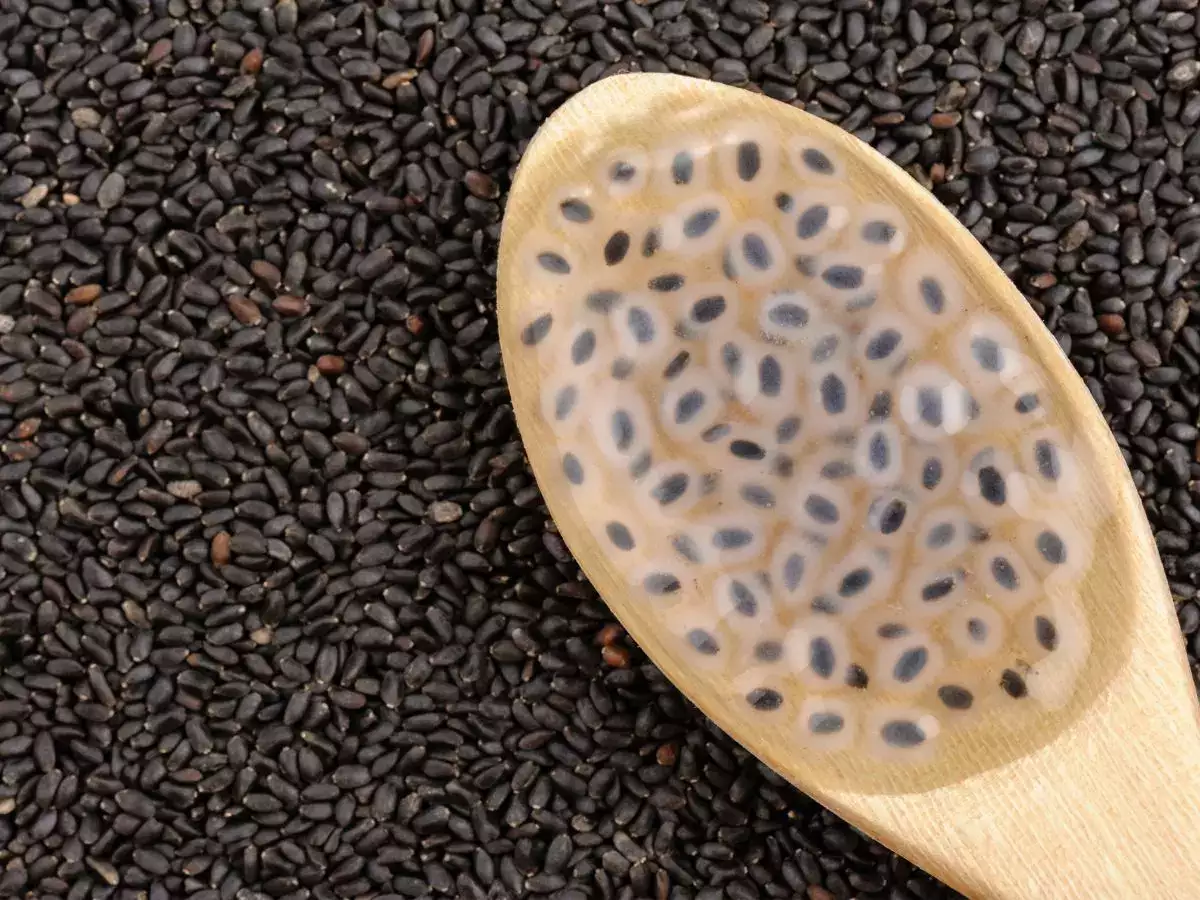

Garden Essentials
What Are Basil Seeds
Modified: March 24, 2024
Learn about basil seeds and how they can enhance your garden. Find out the benefits of growing and using basil seeds in your gardening endeavors.
(Many of the links in this article redirect to a specific reviewed product. Your purchase of these products through affiliate links helps to generate commission for Storables.com, at no extra cost. Learn more)
Introduction
Welcome to the fascinating world of basil seeds! These tiny powerhouses are not only a staple in gardens but also hold a wealth of health benefits and culinary uses. Whether you are a gardening enthusiast, a health-conscious individual, or a food lover, basil seeds are an ingredient worth exploring.
Derived from the popular herb basil, basil seeds have gained attention in recent years due to their rich nutritional profile and potential health benefits. They are often referred to as “Sabja seeds” or “Tukmaria seeds” in some regions and are widely used in traditional Ayurvedic medicine. In this article, we will take a closer look at basil seeds, their nutritional value, health benefits, culinary uses, and how you can incorporate them into your diet.
But first, let’s understand what exactly basil seeds are.
Key Takeaways:
- Basil seeds are tiny powerhouses packed with fiber, protein, and antioxidants, offering benefits like aiding digestion, hydrating the body, and supporting heart health. They can be easily added to drinks, desserts, and salads for a delightful crunch and burst of nutrition.
- While basil seeds offer health benefits and culinary versatility, it’s important to soak them fully to avoid choking hazards and be mindful of potential allergic reactions or interactions with medications. Enjoy basil seeds in moderation as part of a balanced diet for their unique texture and nutritional value.
Read more: What Is Basil Seed
Definition of Basil Seeds
Basil seeds, scientifically known as Ocimum basilicum, are the small black seeds that come from the sweet basil plant. They are the edible seeds found within the small white pods that form after the basil plant flowers and matures. These seeds have a unique gelatinous coating when soaked in water, which gives them a distinctive texture.
While basil leaves are most commonly used in cooking and garnishing, the seeds have their own significance. They have been used for centuries in various cuisines and medical traditions across Asia and the Middle East.
Basil seeds are oval-shaped and about the size of a sesame seed. Their color can range from pitch black to dark brown. When dry, they are hard and have a matte appearance. However, when soaked in water, they absorb liquid and form a gel-like outer layer while maintaining their crunchiness inside.
The gelatinous coating of basil seeds makes them a versatile ingredient with a myriad of culinary applications. Apart from their culinary uses, they also offer a range of health benefits due to their rich nutritional profile.
Now that we have a clear understanding of what basil seeds are, let’s explore their incredible nutritional value.
Nutritional Value of Basil Seeds
Basil seeds pack a powerful nutritional punch despite their small size. They are an excellent source of various vitamins, minerals, and antioxidants, making them a valuable addition to a healthy diet.
Here is a breakdown of the key nutrients found in basil seeds:
- Fiber: Basil seeds are rich in dietary fiber, which aids in digestion, regulates bowel movements, and promotes a feeling of fullness.
- Protein: These tiny seeds are a surprising source of plant-based protein. Protein is essential for tissue repair and growth, as well as the production of enzymes and hormones.
- Healthy Fats: Basil seeds contain a small amount of healthy fats, including omega-3 fatty acids, which have been associated with various health benefits, such as reducing inflammation and supporting heart health.
- Vitamins and Minerals: Basil seeds are a good source of important vitamins and minerals, including vitamin K, calcium, iron, and magnesium. These nutrients are crucial for maintaining healthy bones, supporting nerve function, and boosting overall immunity.
- Antioxidants: Basil seeds are packed with antioxidants that help protect the body from free radicals, which can lead to cellular damage and oxidative stress. Antioxidants are known to have anti-inflammatory and anti-aging properties.
It is important to note that while basil seeds are relatively nutrient-dense, they should be consumed as part of a balanced diet and not as a sole source of nutrition.
Now that we have explored the nutritional value of basil seeds, let’s delve into the health benefits they offer.
Health Benefits of Basil Seeds
Basil seeds not only add a delightful crunch to your dishes but also offer a range of health benefits. From aiding digestion to promoting heart health, here are some of the key benefits of incorporating basil seeds into your diet:
- Aids Digestion: The high fiber content of basil seeds helps promote healthy digestion. The gelatinous outer layer formed when the seeds are soaked in water acts as a natural laxative, easing constipation and regulating bowel movements.
- Hydrates the Body: When soaked in water, basil seeds absorb liquid and swell up, creating a gel-like substance. This makes them a great natural hydrating agent. Including these seeds in your diet can help maintain proper hydration levels.
- Weight Management: Basil seeds are low in calories and high in fiber, making them a great addition to a weight loss or weight management plan. The fiber helps keep you feeling full for longer, reducing cravings and overeating.
- Heart Health: The omega-3 fatty acids found in basil seeds have been shown to have a positive impact on heart health. They help reduce inflammation, lower cholesterol levels, and support overall cardiovascular health.
- Regulates Blood Sugar: Basil seeds have been found to have a positive effect on blood sugar levels. The fiber content slows down the release of glucose into the bloodstream, preventing sudden spikes in blood sugar levels and aiding in better glucose control.
- Antioxidant Power: Basil seeds are rich in antioxidants, which help protect the body against damage caused by free radicals. This can have a positive impact on overall health and may reduce the risk of chronic diseases, such as heart disease and certain types of cancer.
While these health benefits are promising, it is important to note that basil seeds should not be used as a substitute for medical advice or treatment. If you have any specific health concerns, it is always best to consult with a healthcare professional.
Now that we’ve explored the potential health benefits of basil seeds, let’s discover their culinary uses.
Basil seeds, also known as sabja seeds, are rich in fiber and can be soaked in water to form a gel-like substance. They are often used in drinks and desserts for their health benefits and as a natural thickening agent.
Culinary Uses of Basil Seeds
Basil seeds are a versatile ingredient that can add both flavor and texture to a variety of culinary creations. Here are some creative ways to incorporate basil seeds into your cooking:
- Beverages: Add soaked basil seeds to your favorite beverages like smoothies, lemonade, or iced tea. They can add a refreshing twist while providing a unique texture.
- Desserts: Sprinkle basil seeds on top of puddings, custards, or ice cream to add a subtle crunch. You can also use them to make chia seed pudding by mixing them with milk, sweetener, and flavors of your choice.
- Salads: Sprinkle basil seeds on salads for a nutritious crunch. They can be added to both leafy green salads and fruit salads.
- Baked Goods: Incorporate basil seeds into your bread, muffin, or cookie dough for added texture and a unique twist. They can be used as a topping as well.
- Dressings and Sauces: Blend soaked basil seeds into dressings and sauces for a thick and creamy texture. They can enhance the flavor profile of your dips, dressings, and marinades.
- Indian Cuisine: Basil seeds are commonly used in Indian desserts like falooda, a sweet and creamy dish. They are also used as a garnish in various drinks and desserts.
It is important to note that basil seeds have a subtle flavor that is often described as mild and nutty. This makes them versatile and easy to incorporate into various dishes without overpowering the existing flavors.
Now that we have explored the culinary uses of basil seeds, you may be wondering how to incorporate them into your daily diet. Let’s find out!
Read more: How To Start Basil Seeds
How to Incorporate Basil Seeds into Your Diet
Incorporating basil seeds into your diet is simple and can add a nutritional boost to your meals. Here are some easy ways to enjoy the benefits of these tiny seeds:
- Soak and Drink: Soaking the basil seeds in water is a common practice before consuming them. Simply add a tablespoon of basil seeds to a cup of water and let them sit for about 10-15 minutes. The seeds will absorb the water and form a gel-like coating. You can then drink the mixture as is or mix it with fruit juice or other beverages.
- Add to Yogurt or Smoothies: Sprinkle a spoonful of basil seeds onto your favorite yogurt or blend them into your smoothies for an added nutritional kick. The seeds will provide a pleasant crunch and enhance the texture of your yogurt or smoothie.
- Top Salads and Soups: Elevate the nutrition and texture of your salads and soups by sprinkling a handful of soaked basil seeds on top. They will add a delightful crunch and make your dish more satisfying.
- Enhance Desserts: Whether you’re making puddings, custards, or baked goods, basil seeds can be an excellent addition. Sprinkle them on top of your desserts or incorporate them into the batter for a unique texture and flavor.
- Create Chia Seed Pudding: Combine soaked basil seeds with your favorite milk, sweetener, and flavorings to create a delicious chia seed pudding. You can experiment with different variations by adding fruits, nuts, or spices to customize the flavor profile.
Remember to start with small quantities of basil seeds and gradually increase as desired. It is recommended to consume no more than 1-2 tablespoons of basil seeds per day.
While basil seeds are generally safe for most people, it is important to be aware of potential side effects.
Potential Side Effects of Basil Seeds
While basil seeds offer numerous health benefits, it is essential to be aware of potential side effects and exercise moderation when incorporating them into your diet. Here are a few things to keep in mind:
- Choking Hazard: When soaked in water, basil seeds develop a gel-like coating, which can expand significantly. It is crucial to consume them in a well-soaked state, as consuming dry or partially soaked seeds can pose a choking hazard, especially for young children or those with swallowing difficulties. Always ensure that you soak the seeds until they are fully plump and gelatinous.
- Allergic Reactions: Although rare, some individuals may be allergic to basil seeds. If you have a known allergy to basil or other herbs in the Lamiaceae family, it is advisable to avoid consuming basil seeds or consult with a healthcare professional before doing so.
- Interactions with Medications: Basil seeds may interact with certain medications, including blood thinners and anticoagulants. If you are taking any medications or have a specific medical condition, it is important to consult with your healthcare provider before including basil seeds in your diet.
- Stomach Discomfort: Some people may experience digestive discomfort, such as bloating, gas, or stomach cramps, after consuming basil seeds. If you are prone to these digestive issues, it is advisable to start with small quantities and gradually increase as tolerated.
It is important to listen to your body and pay attention to how you feel after consuming basil seeds. If you experience any adverse reactions or discomfort, it is best to discontinue use and consult a healthcare professional.
Now that we have explored the potential side effects of basil seeds, let’s wrap up our discussion.
Conclusion
Basil seeds are far more than just a garnish in your garden or a decorative herb in your kitchen. They offer a plethora of health benefits and culinary possibilities. From aiding digestion and hydrating the body to promoting heart health and supporting weight management, basil seeds have proven to be a valuable addition to a balanced diet.
These tiny seeds possess a rich nutritional profile, packed with fiber, protein, healthy fats, vitamins, minerals, and antioxidants. They can be easily incorporated into your daily meals, whether it’s by soaking them in water to create a gel-like texture, adding them to beverages, sprinkling them on salads and desserts, or using them in baked goods and dressings.
However, it is essential to exercise caution and be aware of potential side effects, such as the risk of choking, allergic reactions, interactions with medications, and possible stomach discomfort. Always ensure that basil seeds are fully soaked and consult with a healthcare professional if you have any concerns or medical conditions.
Incorporating basil seeds into your diet can bring a delightful crunch, unique texture, and a burst of nutrition to your meals. So why not unleash your culinary creativity and explore the wonderful world of basil seeds today?
Remember, moderation is key. Enjoy the benefits of basil seeds as part of a varied and balanced diet, and savor the flavors and health-enhancing properties they bring to your table.
So go ahead, embrace the power of basil seeds and let them sprinkle their magic into your daily life!
Frequently Asked Questions about What Are Basil Seeds
Was this page helpful?
At Storables.com, we guarantee accurate and reliable information. Our content, validated by Expert Board Contributors, is crafted following stringent Editorial Policies. We're committed to providing you with well-researched, expert-backed insights for all your informational needs.
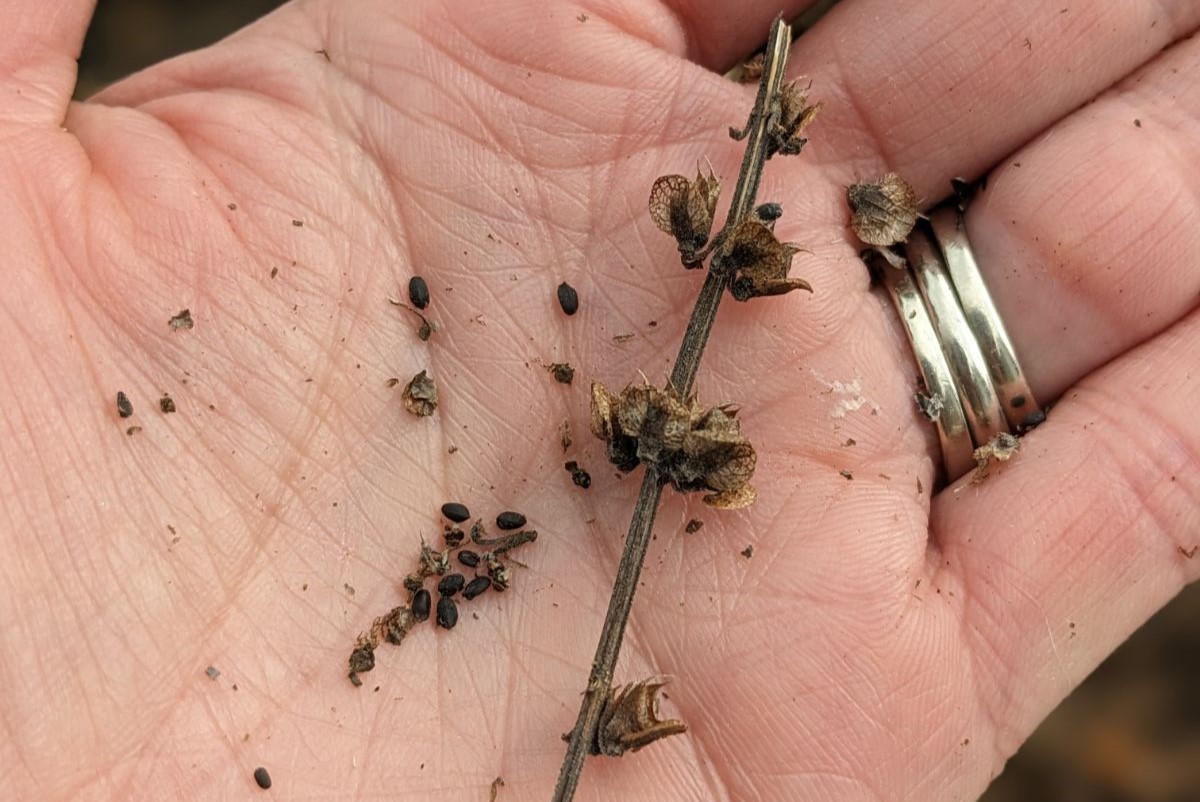
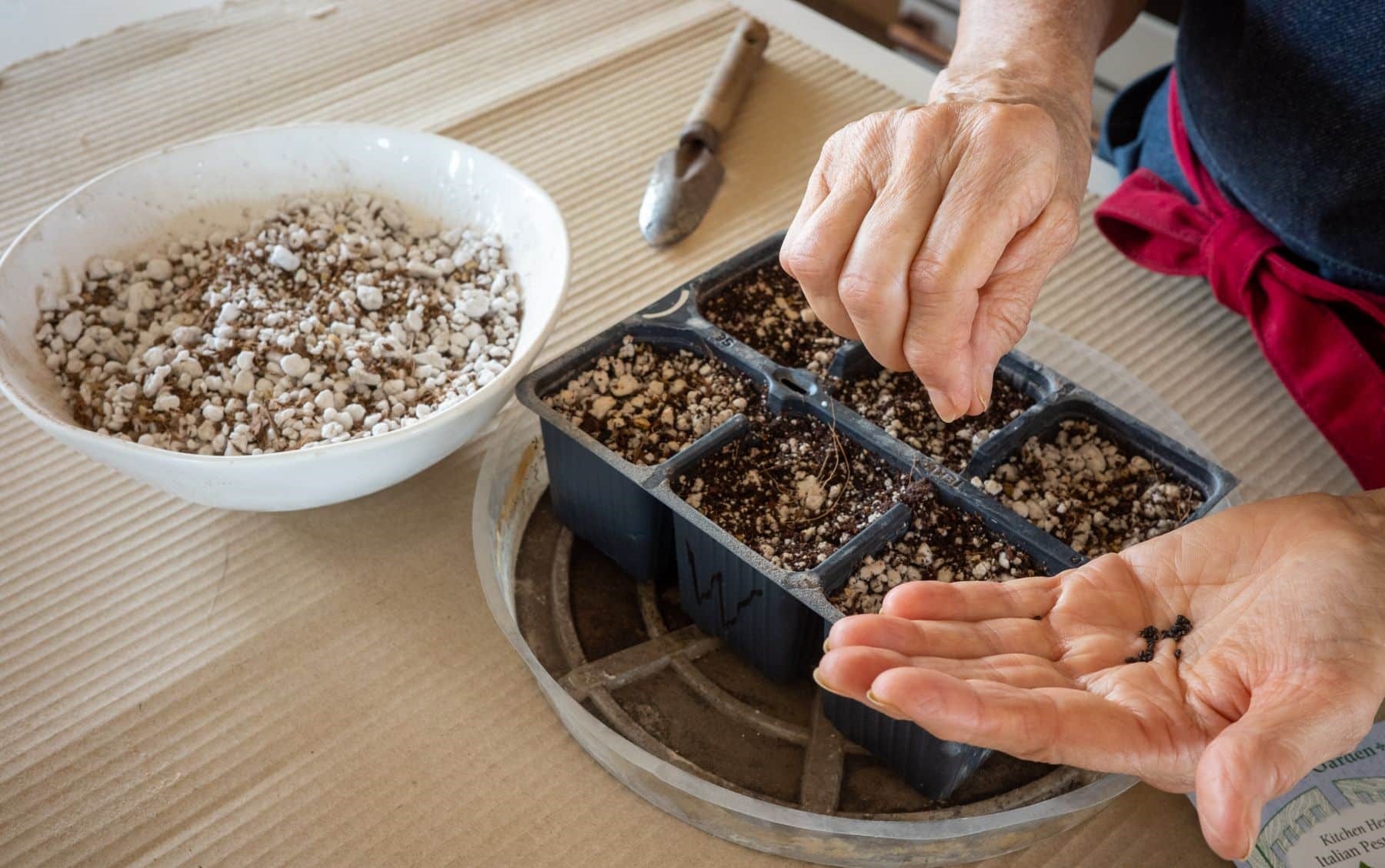
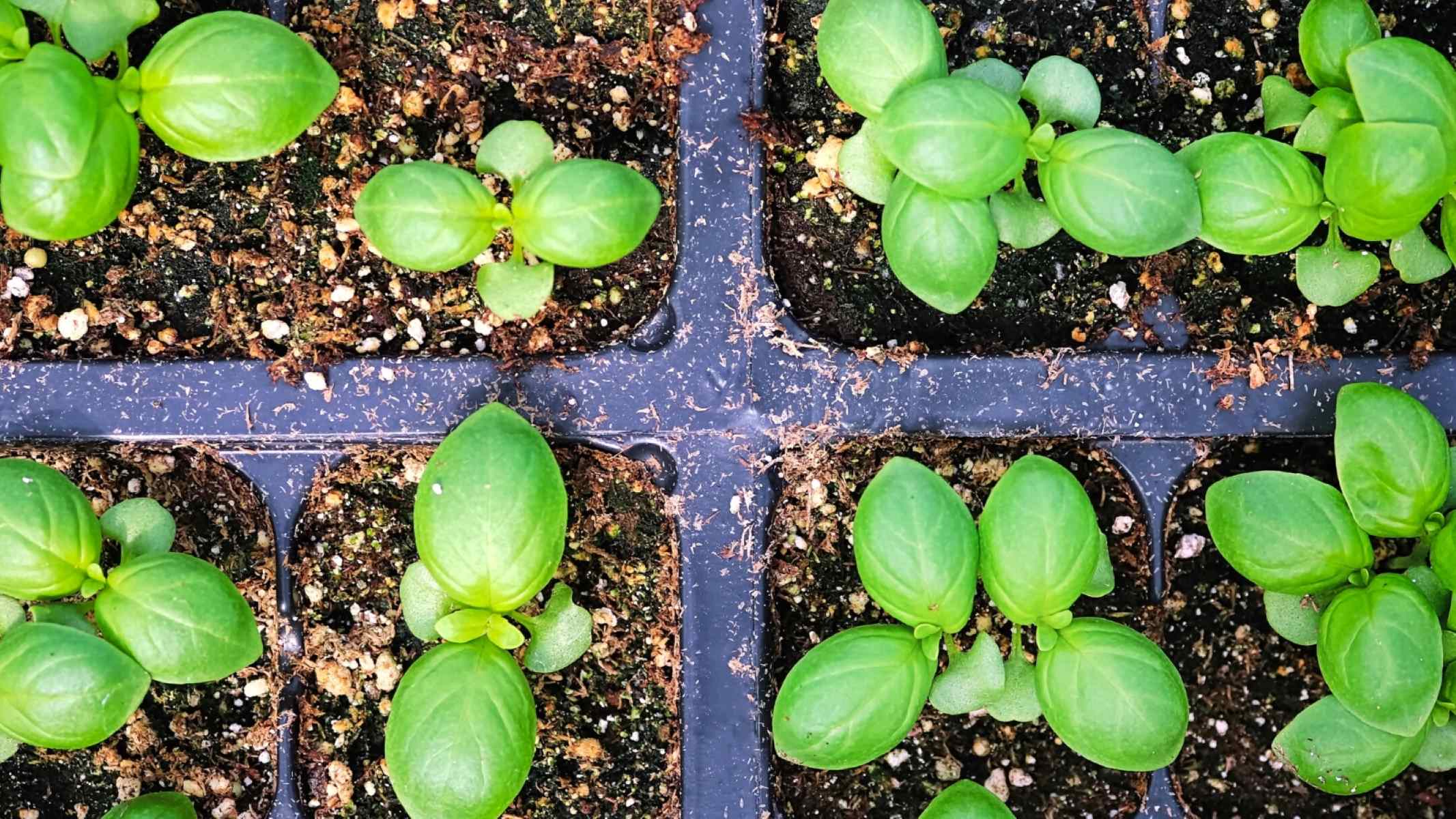
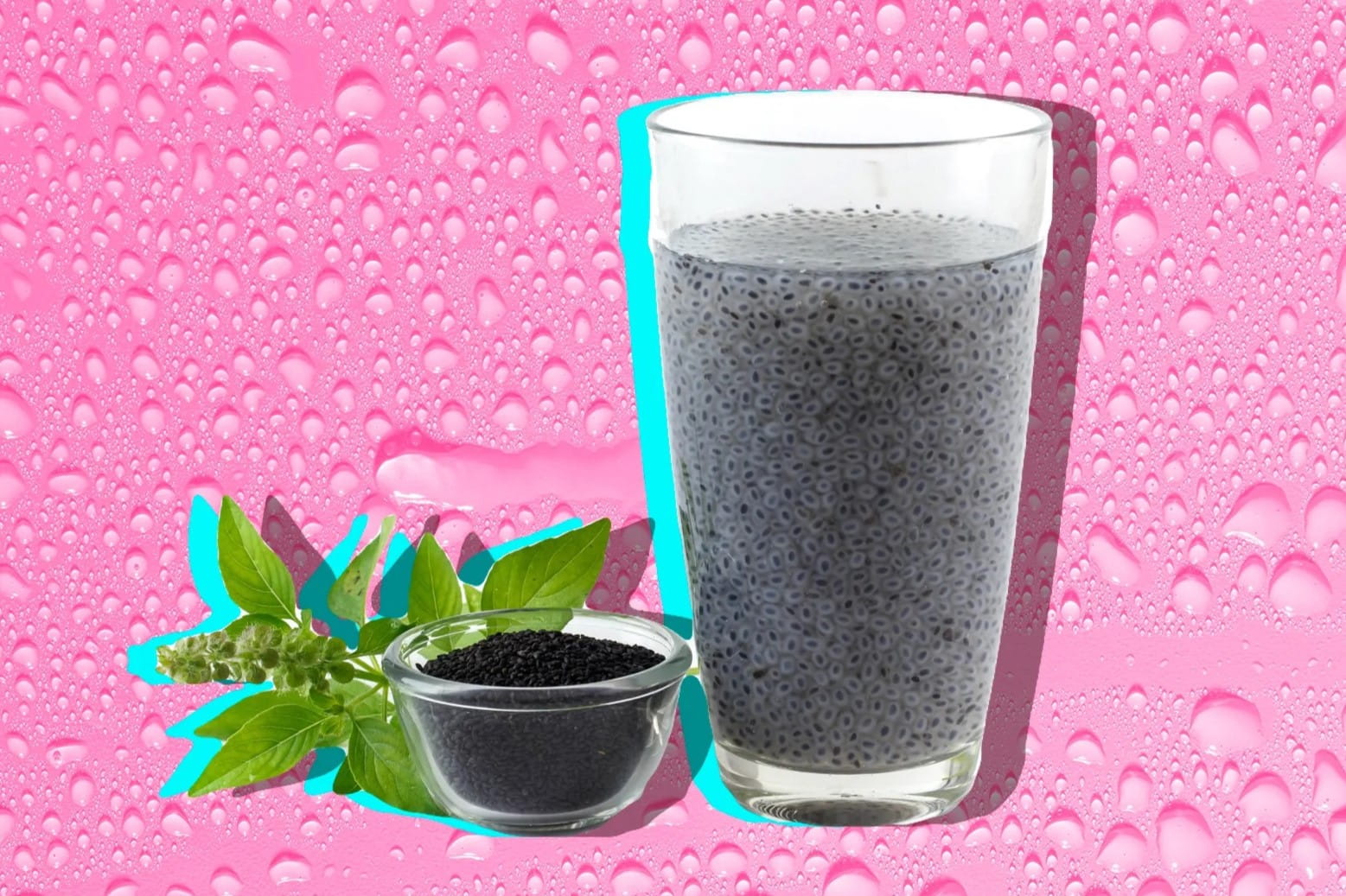
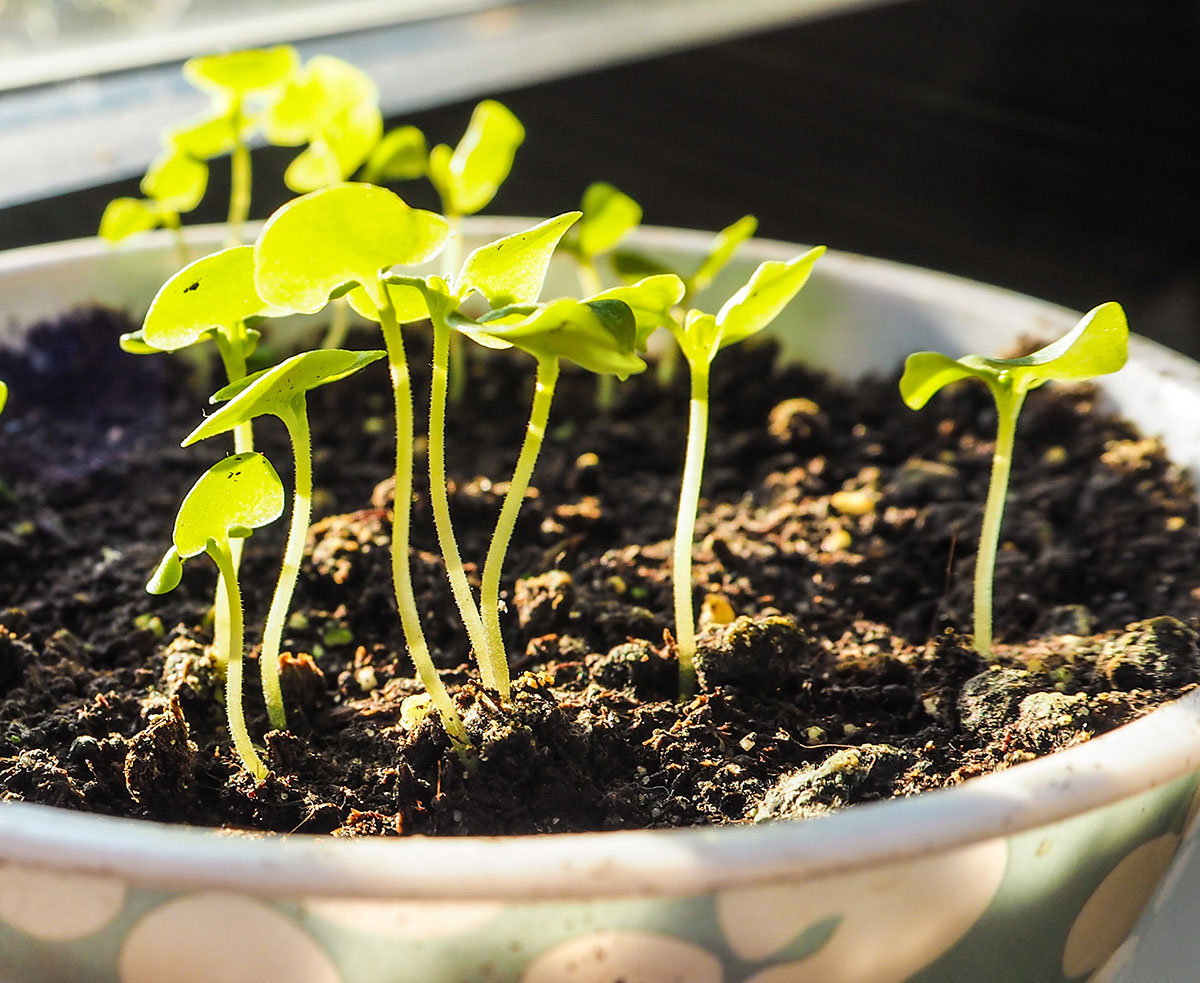
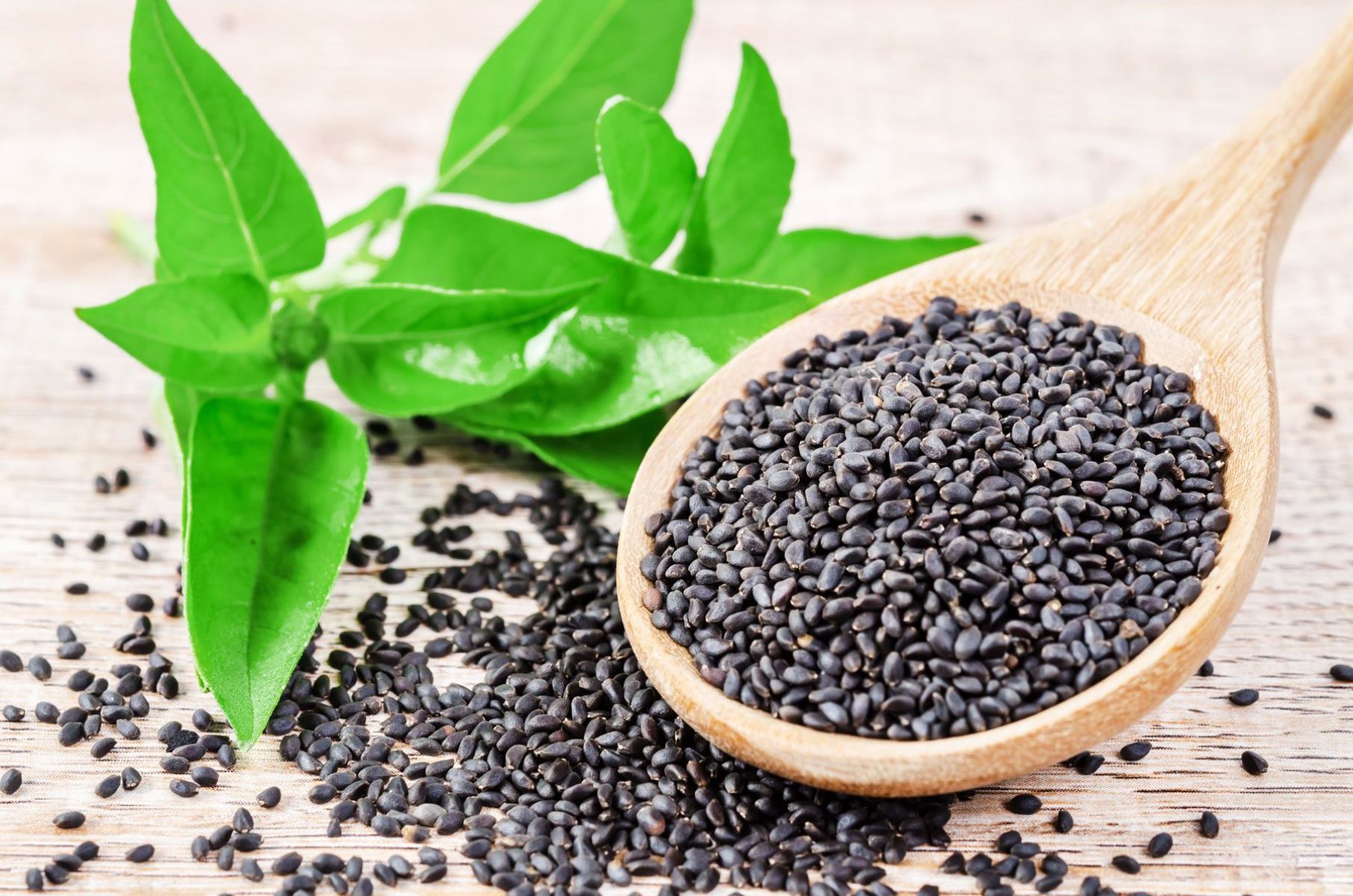
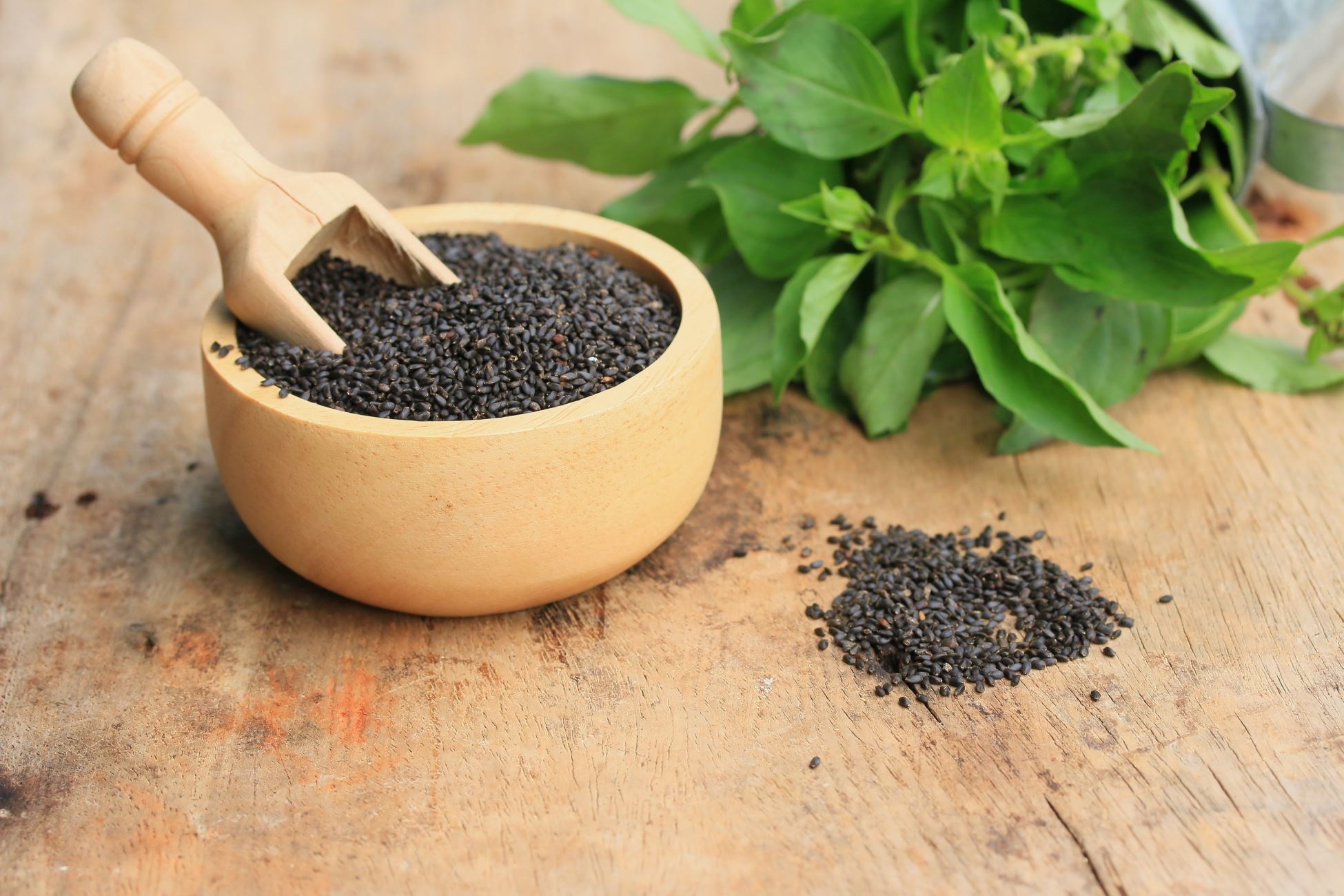
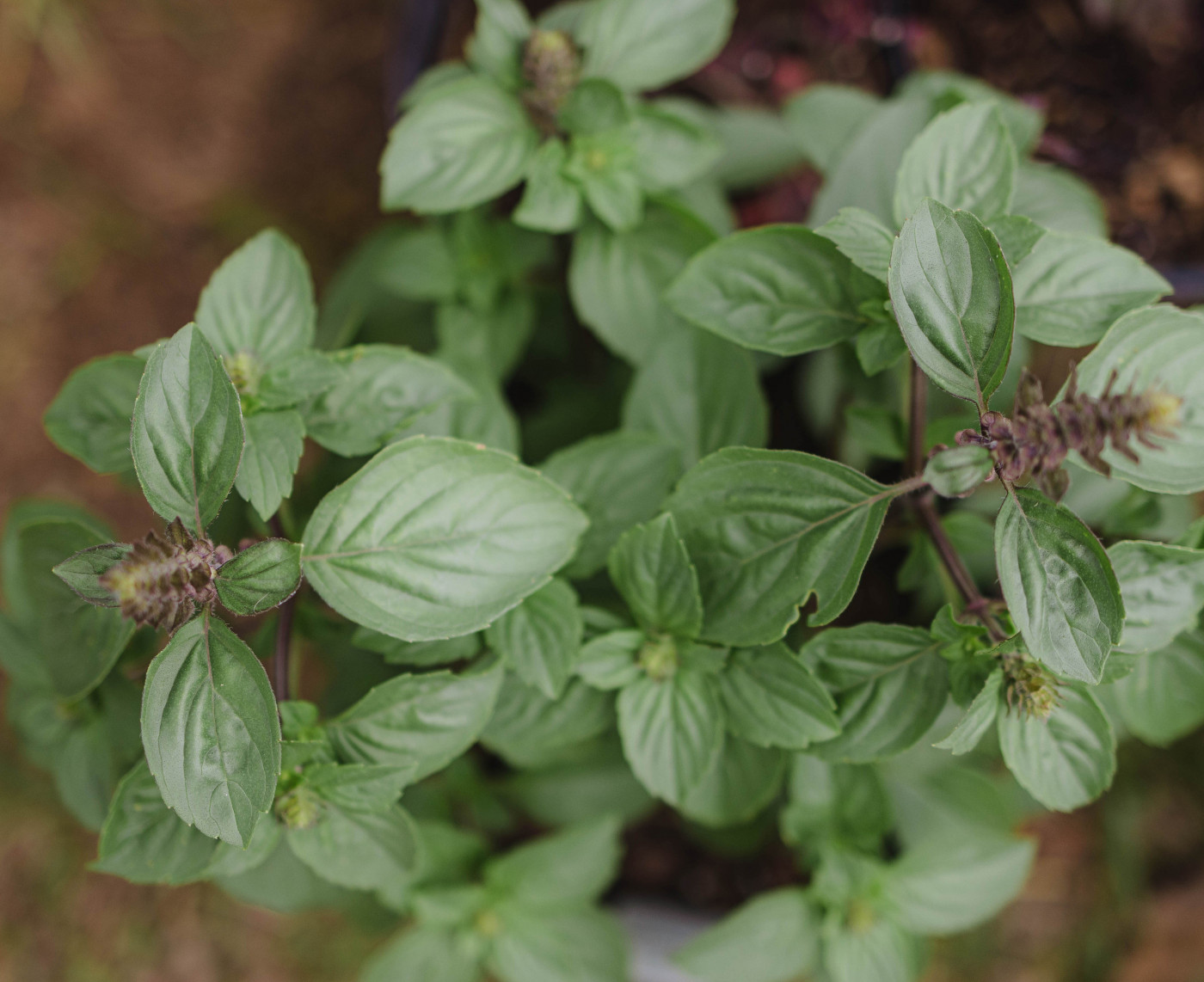
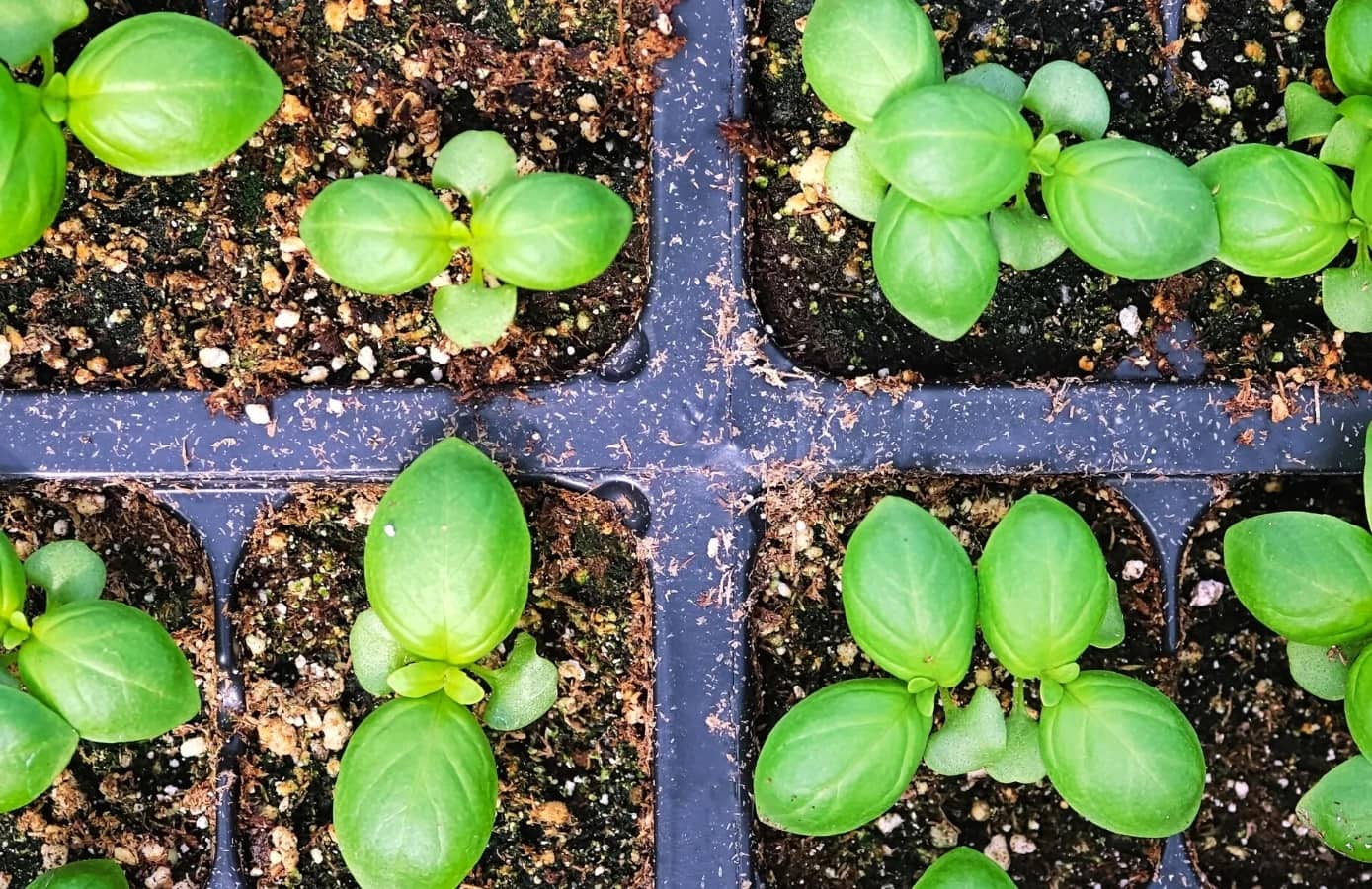
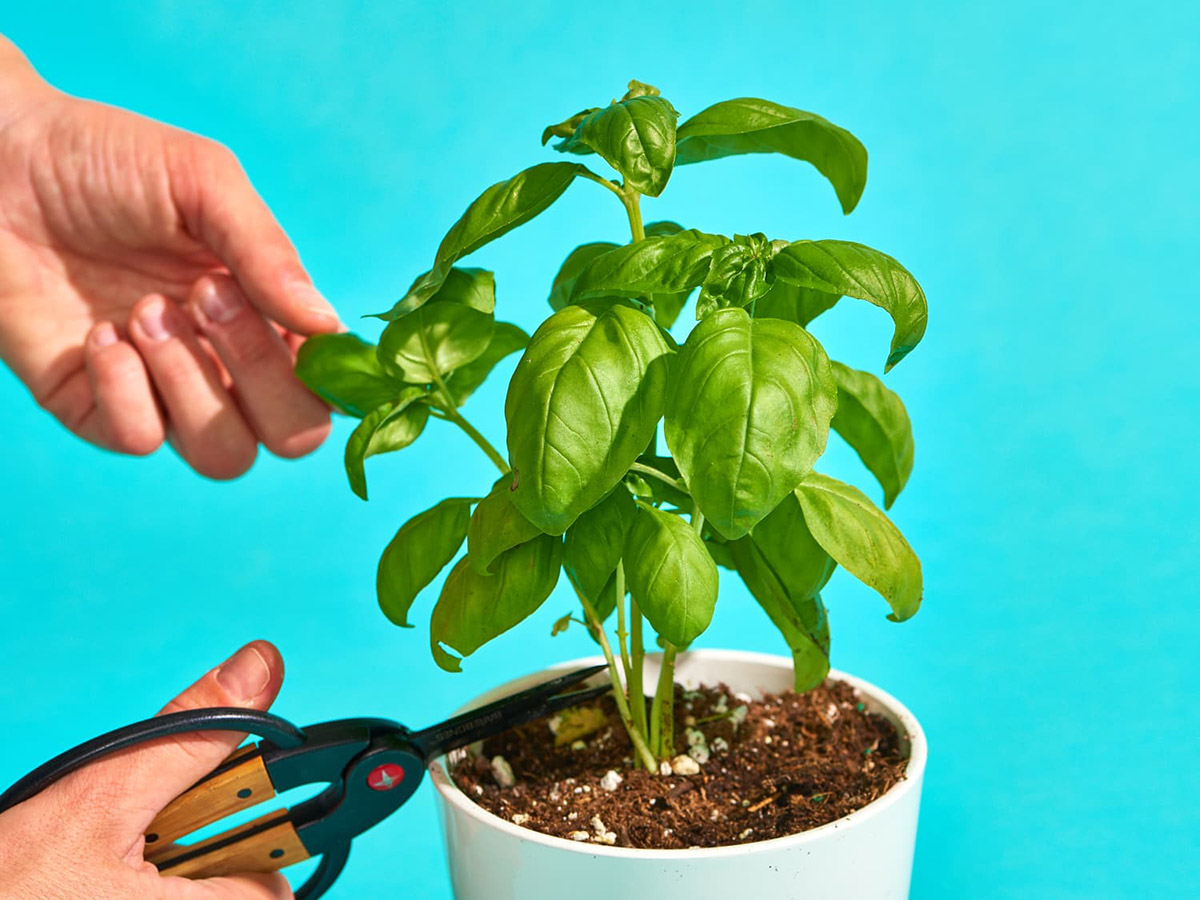
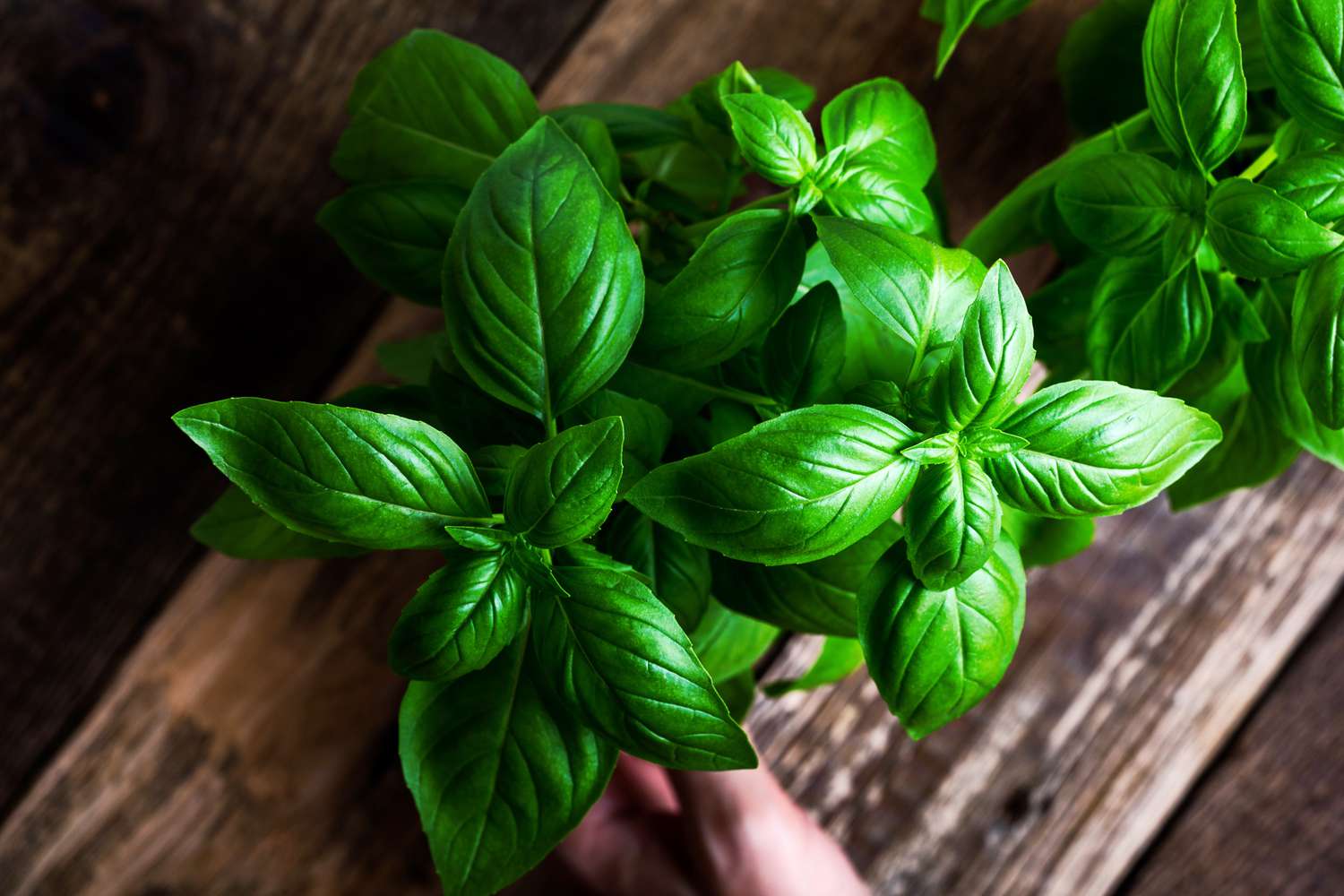
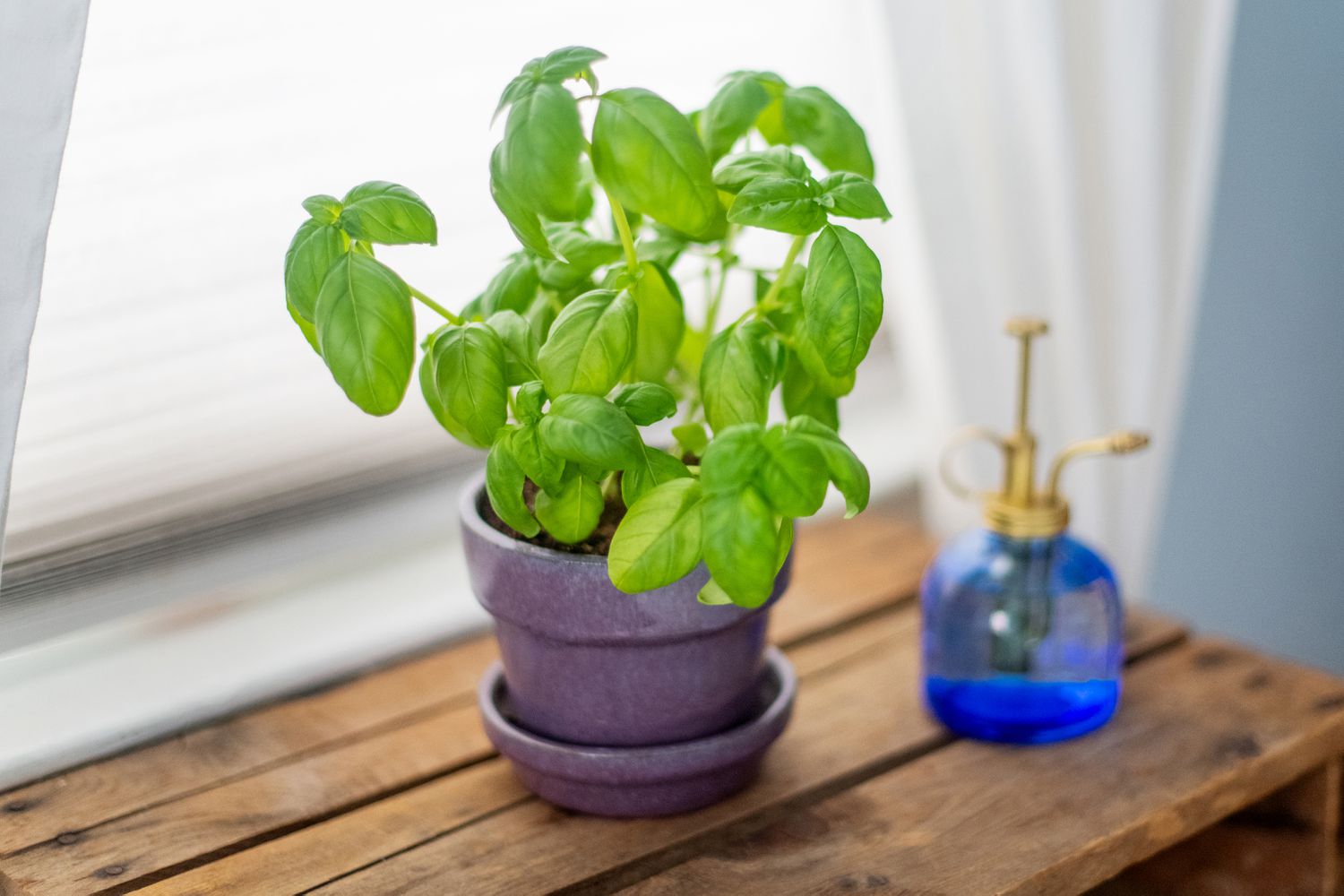
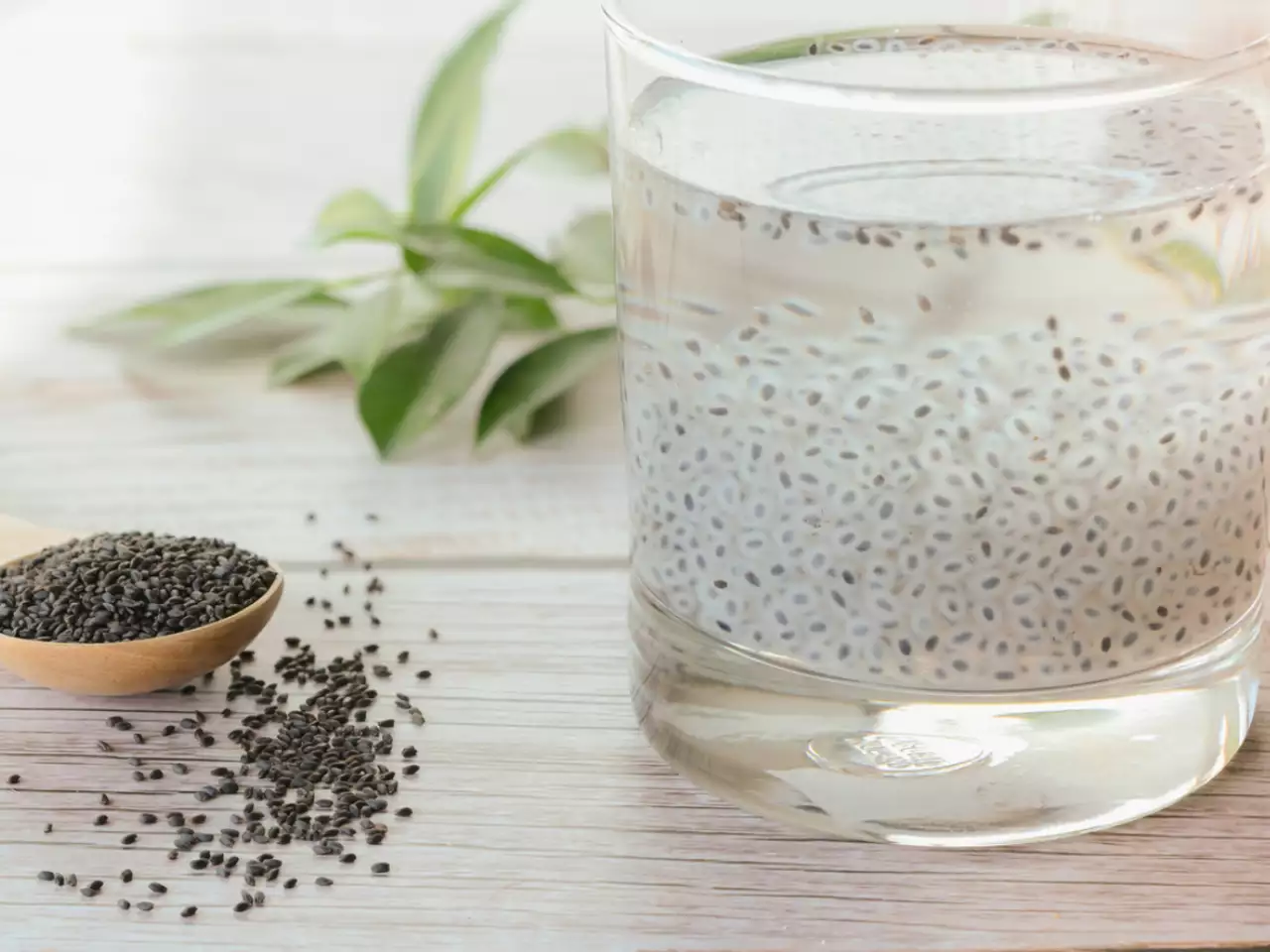
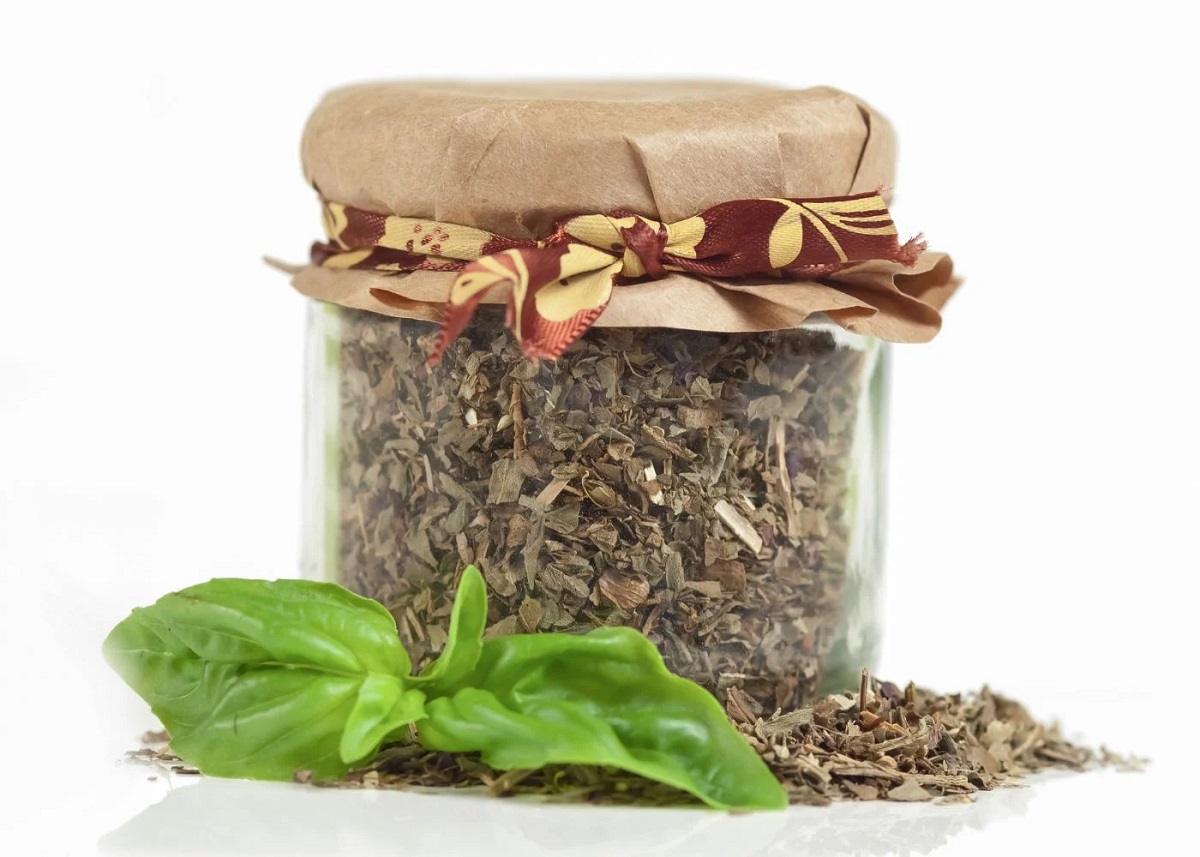

0 thoughts on “What Are Basil Seeds”